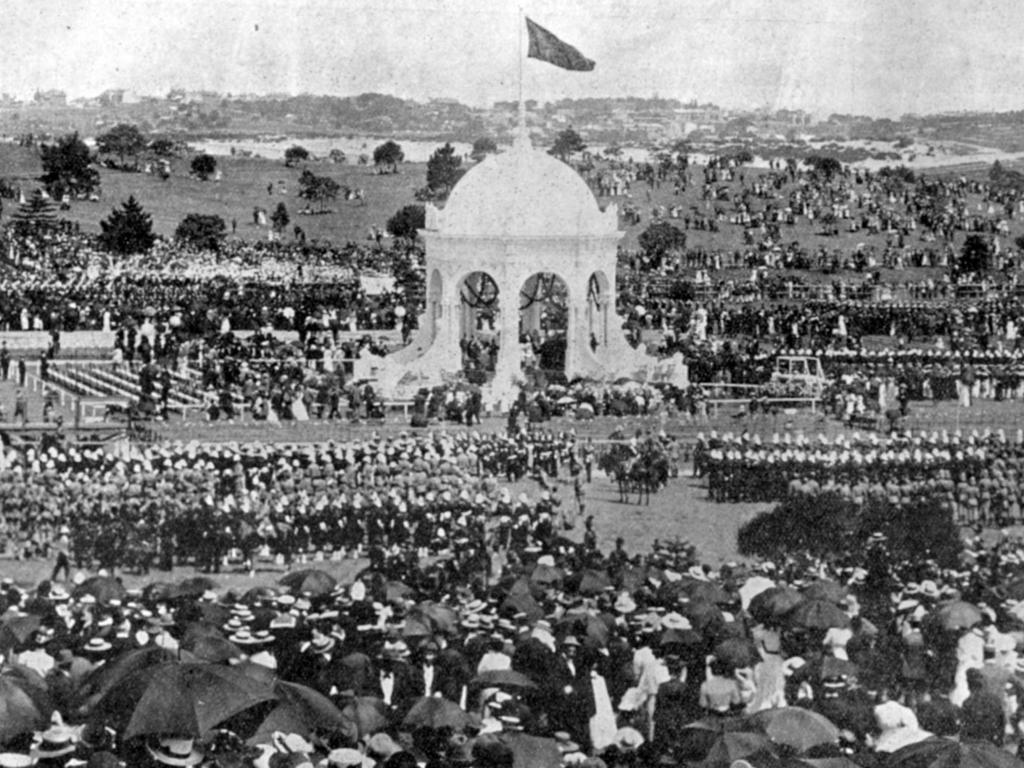
Life expectancy is expanding at a rate that is roughly one-fifth the speed of time. Or, put another way, every year we’re adding 10 weeks to the average lifespan.
The question that flows from these figures is what will Australian life expectancy look like later this century? This is a bit like Olympic records: there’s a point at which improvements are constrained by physiological limitations.
It may be that we have just passed through the greatest leap forward in life expectancy in human history. But this extension to the national lifespan, effected by medical advances and public healthcare, prompts an important question: how have these changes impacted the stages of the life-cycle?
In 1950, life was short, blunt and brutal. The Australian lifespan comprised childhood, adulthood, old age (for some) and death.
There were no “teenagers”. Nor was there a cohort of retirees wanting better healthcare and pensions. Workers worked (and paid tax) for 50 years, qualified for the age pension at 65 (for men) and died four years later.
That equation is vastly different today.
Since 1950 we have added years to the life-cycle not in the hip and healthy twenties but mostly in the support-requiring seventies and eighties. I would argue baby boomers are the first generation to have witnessed their parents navigate frail old age. As a consequence, they will have a view as to how they think their later lives should be lived … and be provisioned for.
An example of how this might play out is in how the bureaucracy deals with older Australians. Have you seen tick-box forms comprising multiple categories for youth such as 18-24, 25-39 but when it comes to life’s later years there’s one box labelled 55+?
But there is nuance as well as need in these expanding years. There’s the late-fifties empty-nest stage when kids leave the family home. It’s also a time when many pay off the mortgage. There are freedoms to be found in the fifties!
Then there’s the early-sixties prepare-for-retirement stage. By the late-sixties there are some who work on, some who cram in cruise after cruise, and others involved with minding grandchildren, contributing to church groups and “saving the planet”. There’s so much to do that there’s no time to be “old”. And then comes the seventies which, according to a census question tracking anxiety and depression, is the most contented stage in life. Not for all Australians but for most.
Being old is limiting only if you allow it to be so. Indeed, some of life’s most inspirational people are living quiet lives connecting with their families and ageing of course but nevertheless remaining positive and engaged no matter the (often dire) circumstances.
So while improved expectancy does give more years at the tail end of life, what really matters is what you do with that time.
If we are to navigate a longer journey through life’s later years, what we really need is a program that will show us all how to live these gifted extra years with joy, with love, with contentment. Now that is, or would be, a life well lived.








In 1950, life expectancy for the average Australian was 69 years. Today, a newborn can expect to live to 84. That’s an increase of 15 years over 73 years.